We recently caught up with Dr Fiona Roberts, Technical Supply Chain Analyst and resident Animal Welfare Specialist at Foods Connected. Keep reading to hear all about Fiona's career journey, the day-to-day projects she's working on and what she enjoys most about working at Foods Connected.
How did you come to work in Animal Welfare?
I actually can’t remember a time when animals and their welfare haven’t been an integral part of my daily life. I was brought up in Cornwall with a houseful of animals. There were dogs, cats, guinea pigs and free-ranging rescue ducks - and by ‘free-ranging’ I mean they were actually loose in the house! Then, I worked on a dairy farm and at our local vets during sixth form. But I was dissuaded from applying to veterinary school as I was clear I wanted to specialise in farm animals, which at the time would have been unusual for a girl… This was the 1980s remember and different times.
I completed an undergraduate degree in Physiology, Biochemistry and Nutrition of Farm Animals (actually known as ‘the failed vets course’ at Reading University) before undertaking a PhD in Pig Nutrition and Physiology. This was the start of my near obsessive love of - and fascination with - pigs in particular. Being responsible for the wellbeing of animals in a research setting highlighted the impact of human/animal interactions to me in a way that I had been aware of, but never really critically analysed until that point.
It also made me evaluate difficult questions that at the time might not actually have seemed welfare-related such as what makes a good life and a good death. However, this is in fact probably THE key question if we accept that animals are part of the human food supply chain. Perhaps most importantly throughout I was developing a lot of hands-on practical experience and an appreciation for the realities of livestock management (and a good turn of speed in wellies when running away from a recently weaned and very grumpy sow!).
"It also made me evaluate difficult questions such as what makes a good life and a good death."
Over subsequent years, while it’s true that having a sound technical and academic background has been essential, it’s often been the fact that I’ve worn the boiler suit, fitted a milking cluster on a cow, AIed a sow and even done my time on a slaughter line, that has meant my opinion is taken seriously when it counts.
Basically, my career path has been spectacularly unplanned. I've been very lucky in terms of the opportunities that have arisen, but I wouldn’t like anyone to think my path is the way to go. I've switched between academic and industry roles on a semi-regular basis, but generally, I just happen to be in the right place at the right time. One instance of this is when I stepped into a role with a big marketing group to develop their own in-house welfare assurance scheme. At the time farm assurance was very new and as a consequence I was asked to join the inspection and advisory team that was part of a (then radical) Welfare Approval initiative across the livestock supply chains of a major UK retailer.
"I’ve worn the boiler suit, fitted a milking cluster on a cow... and even done my time on a slaughter line, so that has meant my opinion is taken seriously when it counts."
I’ve been lucky that I’ve also always kept one foot in education and research. Having developed undergraduate provision in Animal Behaviour and Welfare and been Head of Higher Education at Kingston Maurward College, I’m still an external examiner for undergraduate provision at other universities today. This combination of the practical/commercial and academic has always been central to my approach in providing animal welfare business insight.
What can your typical day-to-day work look like as an animal welfare specialist and supply chain analyst?
I’m not sure there is a typical day - especially as I joined Foods Connected two weeks into the first national lockdown. But every day involves liaising with customers and in turn, their agricultural suppliers. A key aspect of my role is managing Welfare Outcome Measures. These are animal-based data sets that suppliers submit to allow tracking and trending of performance, identification of issues and best practice and evidence supplier policy commitments. A lot of my time is particularly engaged with reporting on and evaluating antibiotic usage. This is now a key element to any CSR agenda and the work I do supported by Foods Connected has been recognised as an example of best practice by independent agencies.
"The work I do supported by Foods Connected has been recognised as an example of best practice by independent agencies."
While much of what I do is about providing technical insight and support around long-term strategic objectives, there is also inevitably a lot of firefighting - and this has always been the case with animal welfare. This can be responding to NGO challenges, consumer queries or providing support following farm or processor incursions. And even during lockdown I managed to support businesses with 1-2-1 on-site consultation activity and that is an area I really enjoy.
How did you come to know of Foods Connected?
I was aware of Foods Connected - but in a rather vague way - in terms of their increasing role within retail businesses. My initial conversations about a potential role occurred in 2018. But at the time, I had also been offered a role as part of the global technical team with the Pig Improvement Company and felt I needed some fresh insights from a different part of the food supply chain. Fast forward 18 months and when the opportunity with Foods Connected re-presented itself, it just felt like the right time. By then I'd gained more on-farm industry experience and had a new awareness of the challenges of reconciling productivity, environmental, and welfare agendas.
When did you start working with Foods Connected?
I started working with Foods Connected in April 2020; approximately 3 weeks into the first lockdown. My job title is Technical Supply Chain Analyst – where the technical part refers to all things Animal Welfare and Sustainability related. The aim is to provide technical support to a range of businesses across key issues such as animal welfare and antibiotic use as part of their CSR agendas and wherever they may be in that process at the moment.
What moment are you most proud of in your work here?
I'm proud of taking Foods Connected into areas where they haven’t traditionally had a presence such as welfare consultancy, conducting traceability and risk management exercises at farm level.
"I'm proud of taking Foods Connected into areas where they haven’t traditionally had a presence such as welfare consultancy, conducting traceability and risk management exercises at farm level."
Another very unexpected moment in 2020 was being nominated for and going on to win a Women In Meat Industry award (in the Industry Supplier category). Yes, personally this was very special (even if I did moan about the number of photos I was expected to provide for the online ceremony) but probably more important to me was the huge support I received from my Foods Connected colleagues and the really positive feedback from a range of suppliers and customers that I've worked with over the years in this and many other roles. Arguably the big win though was that Animal Welfare came under the spotlight as part of the process – when a lot of the focus is inevitably on animals as the end product.
What you are passionate about working towards on an ongoing basis here?
I can be a bit of an animal welfare and antibiotics nerd, but if that means we can gain business through raising the profile of animal welfare and providing a comprehensive offer to more customers then that is the end goal. Particularly those that might only just be starting to engage with the welfare agenda as part of their CSR strategy. Sometimes it’s not just about having the answers, but about steering customers to ask the right questions about their business.
What has your experience been so far of working with Foods Connected?
Overwhelmingly positive. I can’t pretend its always been easy, as joining a company remotely has been a challenge for all new starts everywhere I imagine. This coupled with having to hit the ground running to deliver objectives has meant that there hasn’t been a lot of time to draw breath. However, the immediate and wider team have always been incredibly helpful and supportive both professionally and personally.
What do you most enjoy about your role?
The variety, the people and the sense that it's part of a programme with real potential to make a difference at farm and slaughter level to improve animal welfare and the One Health agenda. All at a time when the interaction between human and animal health has never been more current.
"Sometimes it’s not just about having the answers, but about steering customers to ask the right questions."
What do you like about the team?
They are incredibly approachable and supportive. I come with a rather different skillset and background, but I get the impression there is a genuine level of interest in the animal welfare workstreams that are being developed.
Has the job and the company lived up to be what you expected?
Not entirely sure what I expected but the role and the company never disappoints!
What skills have you developed at Foods Connected?
Hopefully, my IT skills have improved.
Would you recommend working here to a friend?
Yes. Definitely. It’s not an easy role, but the culture of the business is exceptionally supportive and collaborative.
What’s your favourite memory since you started working here?
Achieving the Women In Business award – not for the award itself – but the support from the team and being made to feel that even after a comparatively short period working here I was very much part of the business.
Editor's Note: This article was originally published in July 2021 and has been updated in May 2023.
Natalie Thorpe
A graduate of Letterkenny Institute of Technology, Natalie studied Visual Communication and Graphic Design. When she's not creating up new designs for company materials and branding, writing, compiling marketing plans or implementing new UX strategies, you'll find her roaming a deserted beach in search of her disappearing dog, or soaking up different cultures on her globetrotting adventures!
Stay up to date
Stay up to date
Browse Posts
- February 2026
- January 2026
- December 2025
- November 2025
- October 2025
- September 2025
- August 2025
- July 2025
- June 2025
- May 2025
- April 2025
- March 2025
- February 2025
- January 2025
- December 2024
- November 2024
- October 2024
- September 2024
- August 2024
- July 2024
- June 2024
- May 2024
- April 2024
- March 2024
- February 2024
- January 2024
- December 2023
- November 2023
- October 2023
- September 2023
- August 2023
- July 2023
- June 2023
- May 2023
- April 2023
- March 2023
- December 2022
- November 2022
- October 2022
- September 2022
- August 2022
- July 2022
- June 2022
- May 2022
- April 2022
- March 2022
- February 2022
- January 2022
- December 2021
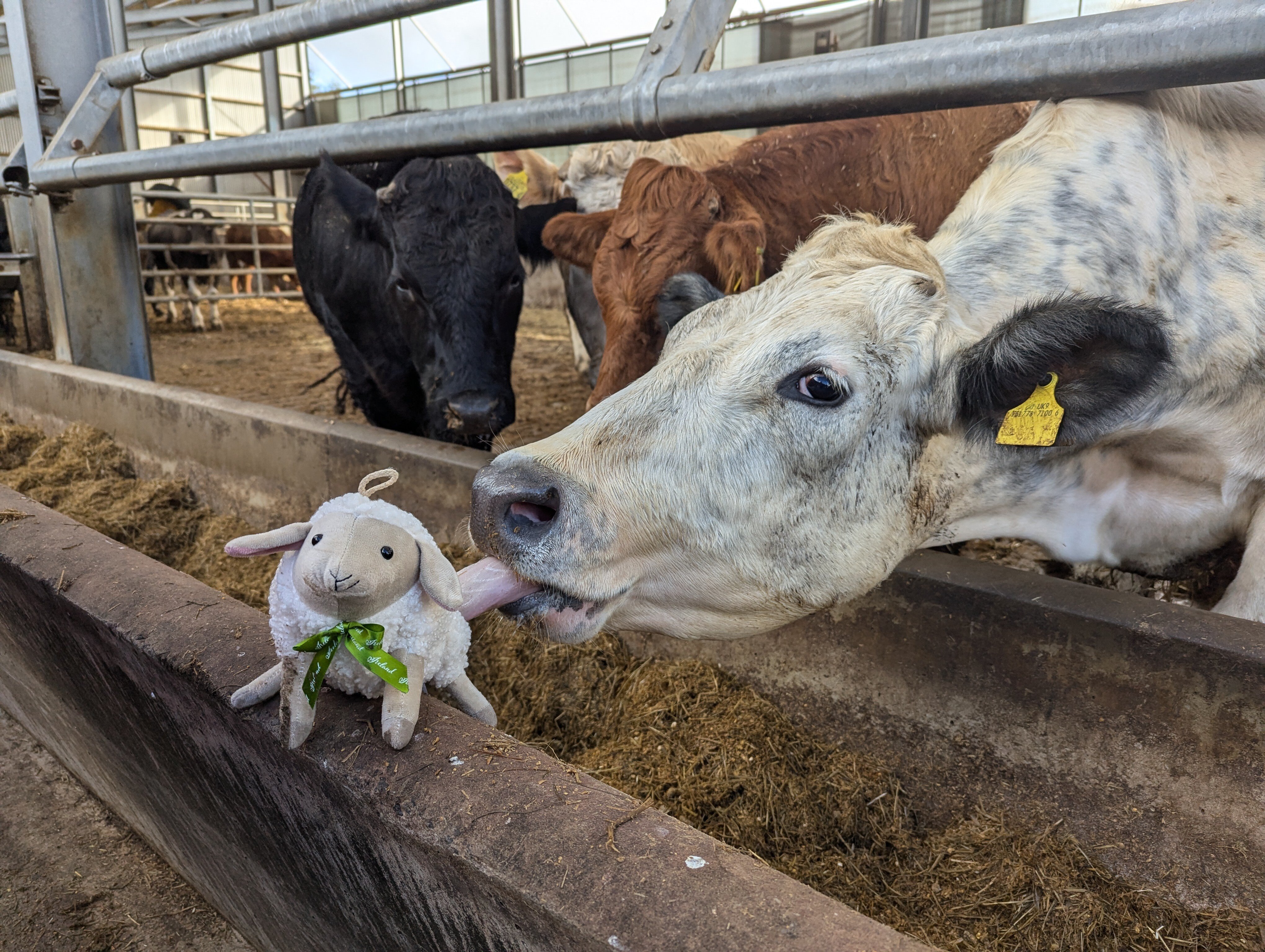


/Blog%20Headers/shutterstock_1927957907%20(1).jpg)
/Blog%20Headers/shutterstock_1845178195%20(2).jpg)
/Blog%20Headers/shutterstock_2133827717%20(1).jpg)
/Blog%20Headers/shutterstock_2473376713.jpg)
/Blog%20Headers/shutterstock_2474442759.jpg)

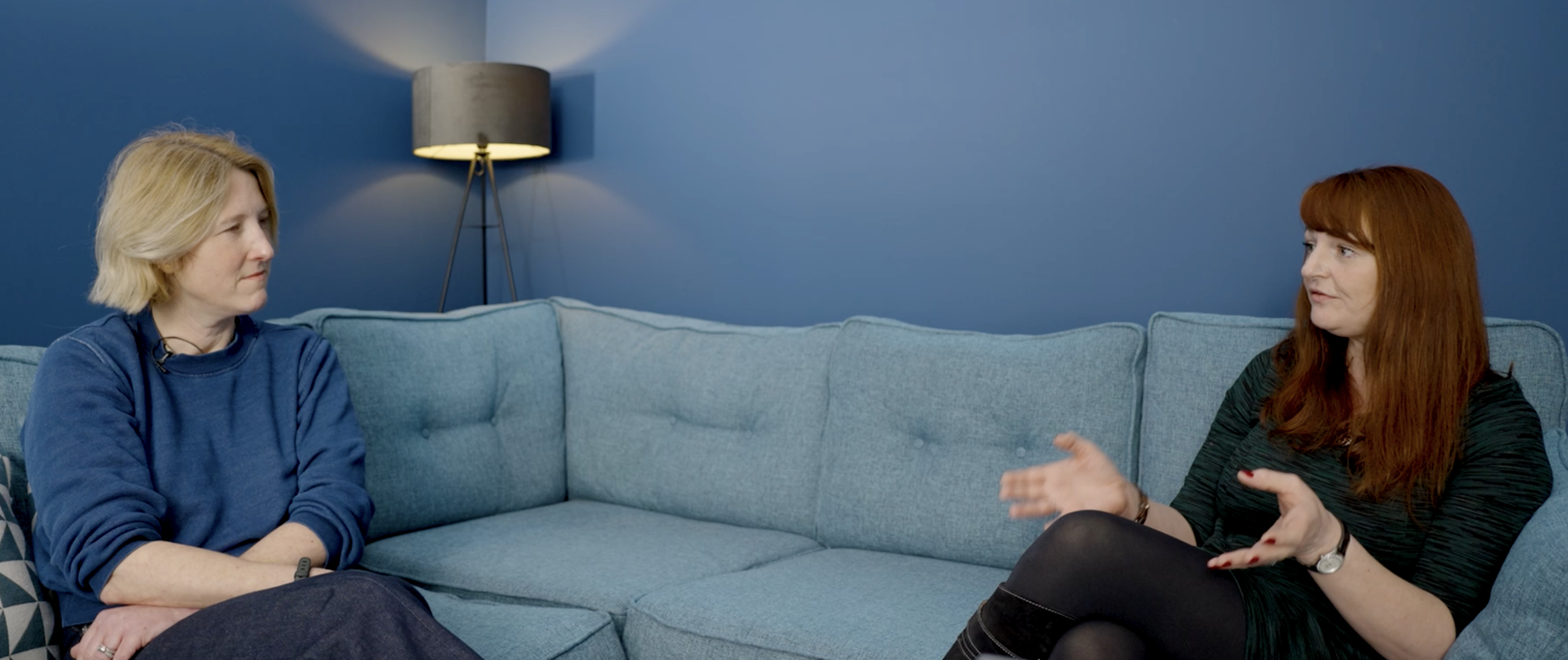
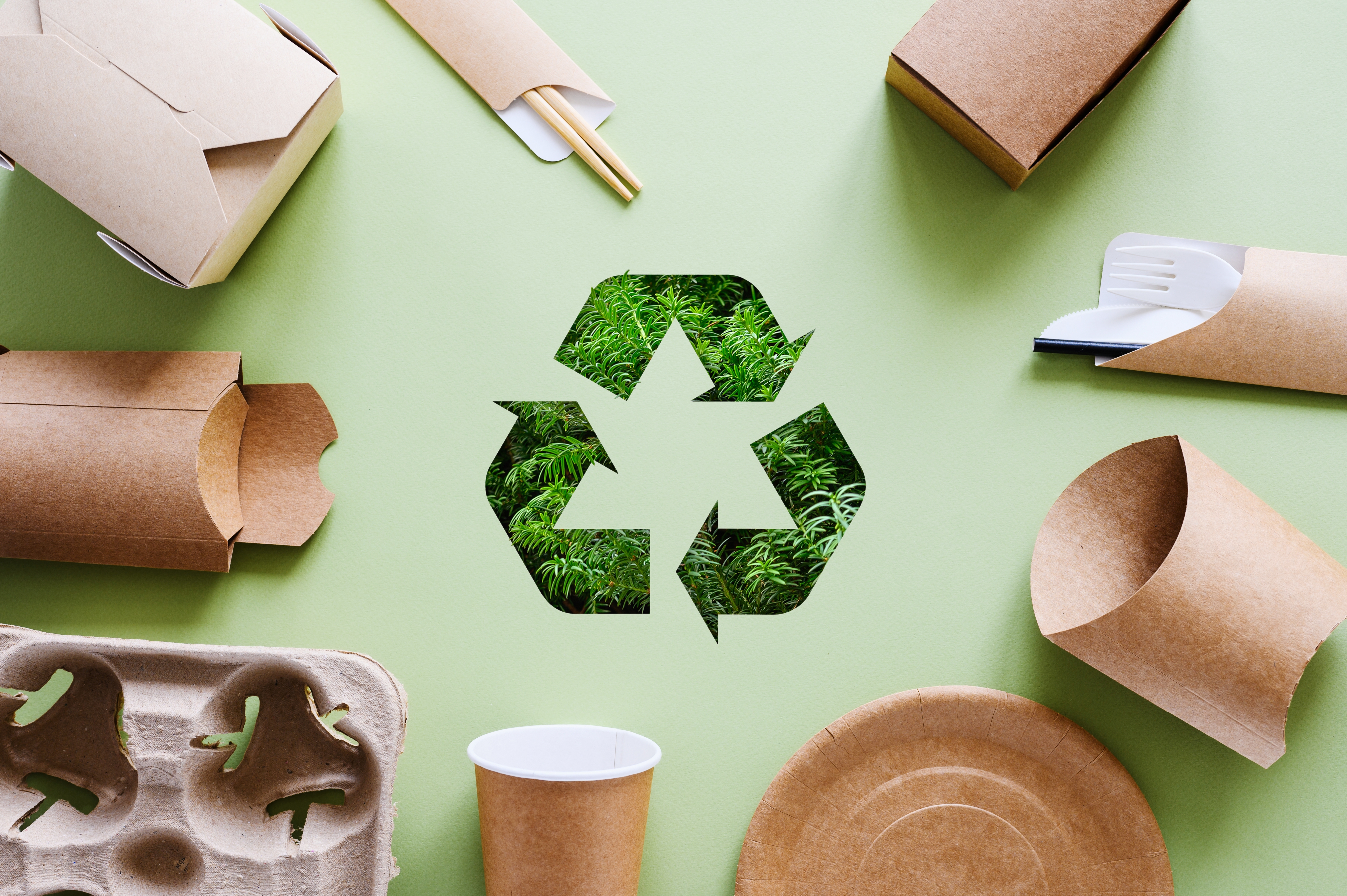
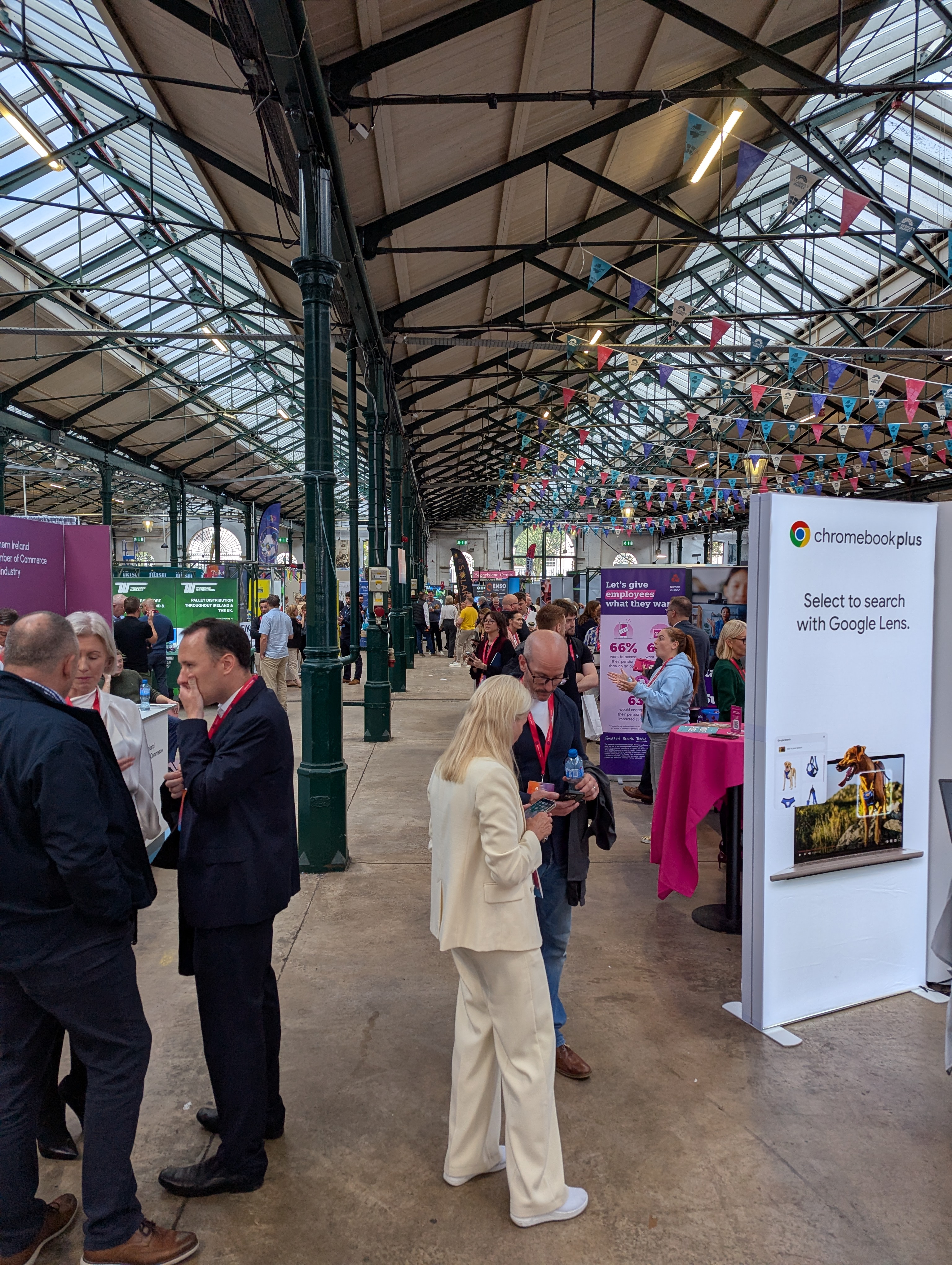
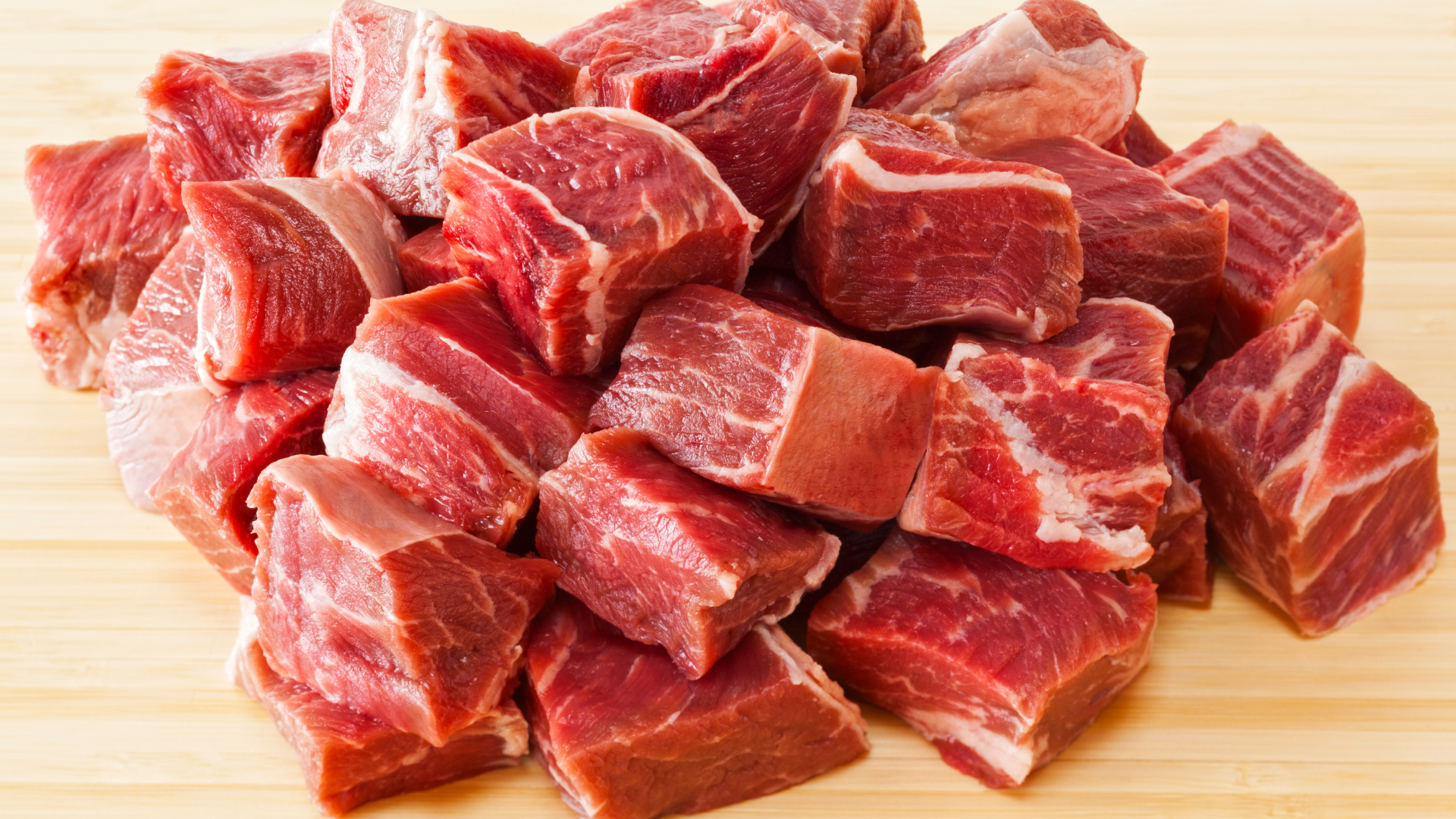
/Blog%20Headers/shutterstock_2390798777.jpg)
/Graphics%20used%20in%20blogs/temple%20grandin%20visit%202024%2003.jpg)
/Blog%20Headers/Whitbread%20CS%20Blog%20Header.jpg)
.png)
.png)
/Blog%20Headers/Meet%20the%20team%20with%20Abbie%20FergusonPNG.png)
.png)
.png)
.png)